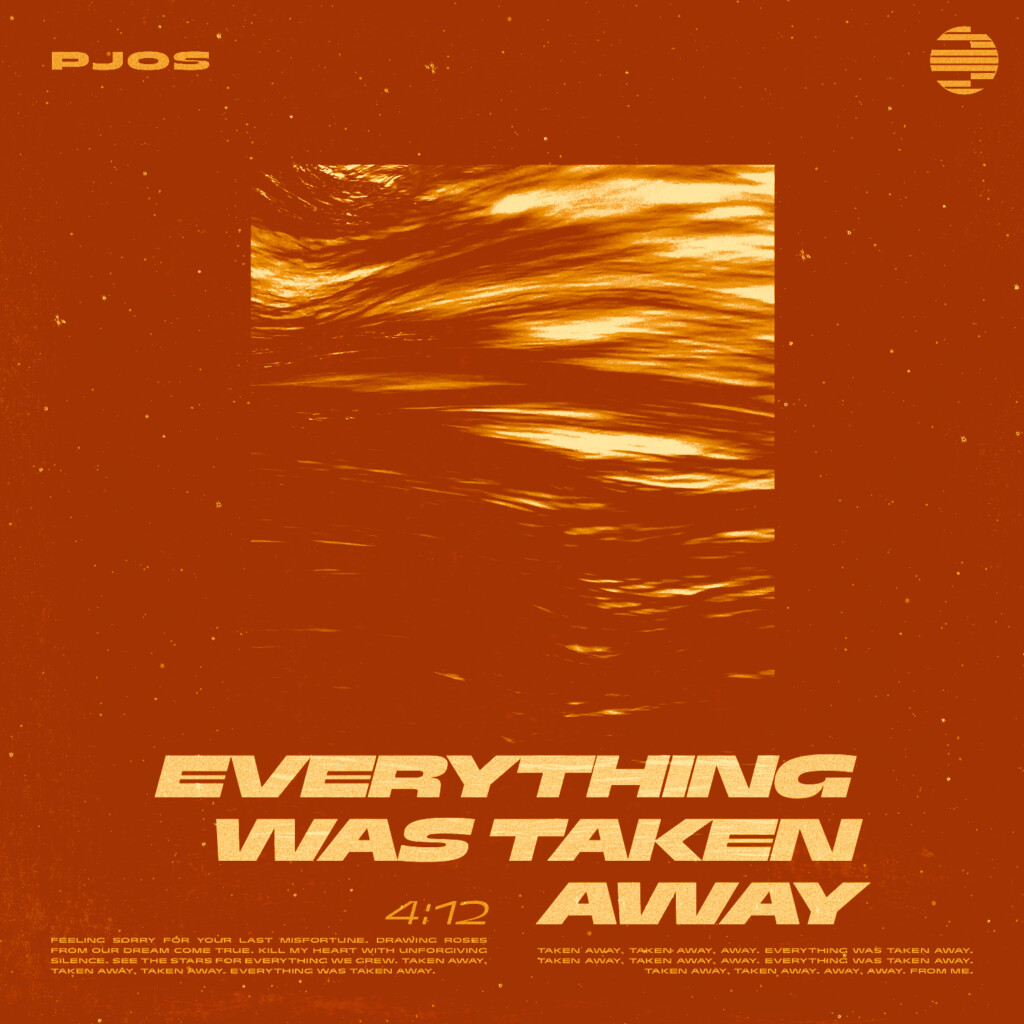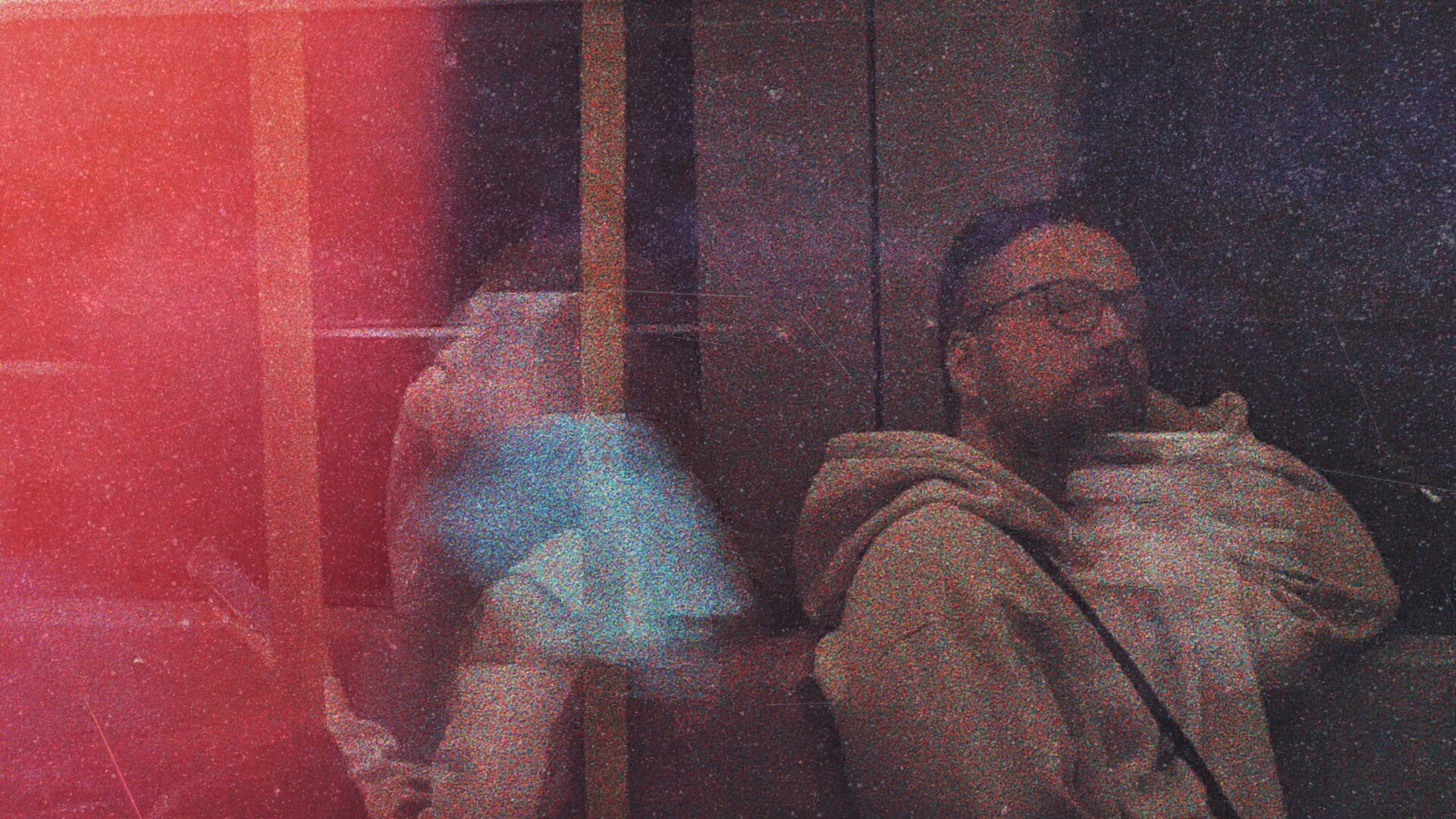Pjos is a Poland-based dreampop artist born in Brazil. Inspired by acts like Slowdive, Mogwai, and Sigur Rós, Pjos brings a melancholic and cinematic charm to craft his sound. Pjos’ music is characterized by its dreamlike essence, blending a wide palette of colors, textures, and movement into rich, cinematic sounds. This introspective and evocative style has become his signature. Check out the exclusive Interview below:

1. Your roots can often shape your journey. Can you share a story or moment from your early life that had a significant impact on your path into music?
PJOS: Music has always been present in my life. My father was a singer, so I grew up watching his concerts and hanging out with his musician friends. This exposure definitely shaped my passion for music, but it wasn’t until much later in life that I decided to start creating music myself.
2. Did your musical journey begin with formal training, or was it more of a personal exploration? How has that shaped your unique approach to your craft?
PJOS: It was entirely personal exploration, I didn’t have formal training. I think this allowed me to discover music in my own way, playing around with instruments and trying to recreate the feelings I had inside. I like to focus on textures, moods, and emotional impact rather than traditional structures.
3. Do you think is it important for fans of your music to understand the real story and message driving each of your songs, or do you think everyone should be free to interpret your songs in their own personal way?
PJOS: Even though my music is rooted in my own emotions and experiences, it doesn’t have to define how someone else connects with it. It’s still art, and every person will bring their own story to it and experience it in their own way.
4. What do you believe sets your music apart? How would you describe your sound to someone discovering you for the first time, and what emotions or experiences do you hope to evoke in your listeners?
PJOS: I search for melodies within my inner landscape, and in all the images, colours, and emotions it reveals. This often translates into dreamy, melancholic, cinematic sounds, which I think describes my music. Even though I believe each person will connect with my music differently, my aim is to immerse listeners in a dreamy sonic universe, so they can lose themselves in the experience.

5. For most artists, originality is first preceded by a phase of learning and, often, emulating others. What was this like for you? How would you describe your own development as an artist and music maker, and the transition towards your own style, which is known as dreampop/shoegaze?
PJOS: Making music was a dream I had for a long time, but I didn’t take any action towards it until recently. My father was a singer, but we had a difficult relationship, so I didn’t want to follow his path. It took a lot of work on myself to overcome this block. When I finally started making music, it was about experimenting with sounds I typically connect with, without consciously emulating other artists or aiming for a specific genre. It was a process from inside out, and often overwhelming, because I was focused on discovery rather than the outcome. After finishing my first song, I asked friends for feedback, and they compared it to bands like Slowdive and Sigur Rós. That’s when I realised my music fit within the shoegaze/dreampop realm. That made sense to me. I didn’t think much about genres until I started marketing my music and realised that many of my favourite songs also belonged to this space.
6. Music often transcends entertainment. What’s your view on the role and function of music as political, cultural, spiritual, and/or social vehicles – and do you try and affront any of these themes in your work, or are you purely interested in music as an expression of technical artistry, personal narrative, and entertainment?
PJOS: For me, music is deeply personal. My focus is on exploring emotions and personal stories. I’m glad when listeners find broader meaning in my music, but my true intention is to express what’s within myself and share it in an authentic way.
7. Do you feel the rewards of your musical career match the energy and passion you invest in it, or are there different kinds of fulfilment you’re still seeking?
PJOS: It’s still the beginning of the road for me. I feel my music is evolving and reaching more people, which is already a big reward for the energy I invest. I’m particularly looking forward to performing live for the first time. It’s a big challenge, but one I believe will be incredibly rewarding.
8. Can you walk us through your creative process? From the first spark of an idea to the finished track, what’s the most essential part of your process, and how do collaboration or external influences shape your work?
PJOS: It usually starts with a melody that randomly comes to mind, then I build the song around it. I layer sounds and textures, usually starting with ethereal synths to set the atmosphere, and then adding guitars and other synth layers. Lyrics and vocals come last, as they take more time to refine.
Collaboration, when it happens, always brings a fresh perspective. It helps me view the song in a new light, opening creative paths that I incorporate and expand on the original idea.
9. What’s been the most challenging hurdle in either your personal life or music career, and how has it shaped you as an artist?
PJOS: As a solo DIY artist, the hardest challenge is managing all aspects of my music while balancing it with a 9 to 5 job. Time is limited, and the workload can be overwhelming… Songwriting, production, promotion, and all the smaller tasks demand constant attention. But thanks to that, everything around my music feels authentic because it’s my own expression.
10. On the flip side, what moment or achievement in your career so far has made you feel the proudest, and why? And let’s talk about your latest release and future plans.
PJOS: Even though it’s only been a year since I released my first single, I’m proud of how things are progressing. Earlier this year, I released an EP with alternate versions of my song ‘Atlas’, including a collaboration with Sabrina Stachel, a symphonic-opera conductor and violinist. That was a beautiful work of exploration that enriched me immensely.
My latest release, ‘Everything Was Taken Away’, reflects on the duality of loss. When someone leaves our lives, we lose both the good and the bad, leaving a space that is never truly empty. At the same time, there’s a spark of hope that things will be okay — that’s when the b-side ‘But It’s Gonna Be Okay’ emerges. In the end, ‘Everything Was Taken Away’ is an ode to letting go and finding comfort in the aftermath.
For the future, I plan to release more songs in 2025, bring in some exciting collaborations, and prepare for my first live performances.
KEEP IN TOUCH:
FACEBOOK | INSTAGRAM | SPOTIFY | BANDCAMP | TIKTOK | WEBSITE | YOUTUBE


